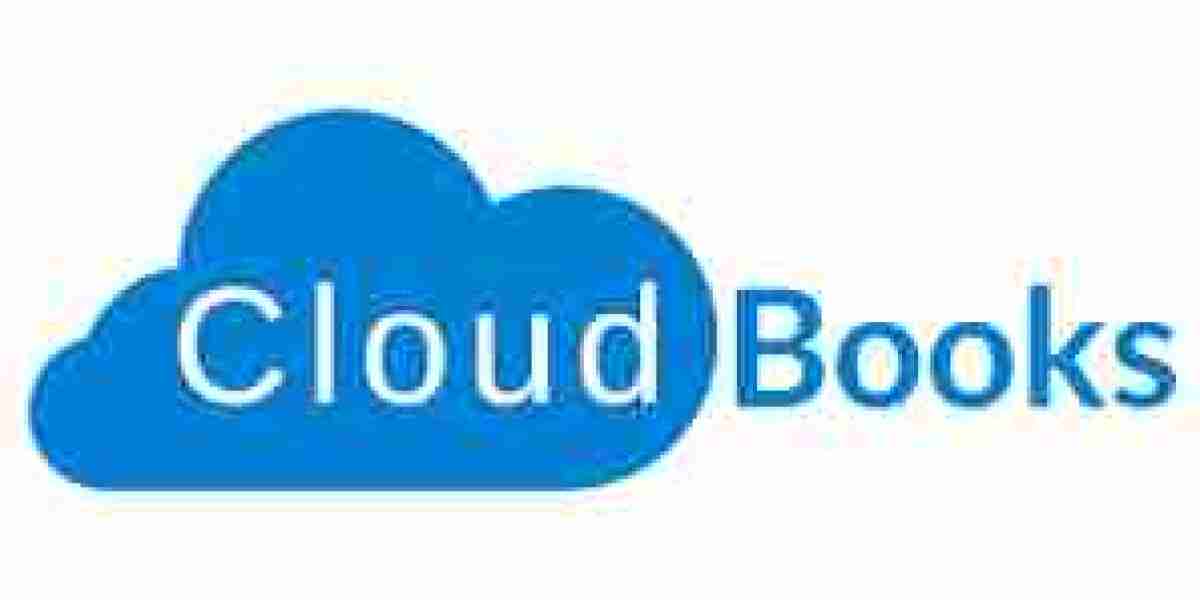In today’s rapidly evolving business world, financial management has become more complex than ever. From tracking sales and expenses to ensuring compliance with tax authorities, business owners and accountants need efficient solutions. Among the most powerful innovations are cloud books—digital accounting platforms that store financial data online—and their integration with VAT returns, a critical requirement for VAT-registered businesses. Together, they create a system that saves time, minimizes errors, and ensures compliance with government regulations.
This article explores what cloud books are, why VAT returns are essential, and how combining the two can transform financial management for businesses of all sizes.
What Are Cloud Books?
Cloud books, also known as cloud accounting software, are online platforms that allow businesses to manage their financial records securely in the cloud. Unlike traditional accounting systems tied to a specific computer, cloud books operate over the internet, enabling access from anywhere in the world.
Key Features of Cloud Books
- Anywhere Access – Financial data can be viewed in real time on desktops, laptops, tablets, or smartphones.
- Automation – Routine tasks such as invoicing, bank reconciliation, and expense tracking are automated.
- Collaboration – Multiple users can work on the same data simultaneously, making teamwork between business owners and accountants seamless.
- Security – Data is encrypted, backed up, and stored on secure servers, reducing the risk of data loss.
- Integration – Cloud books connect with other business tools like payment processors, payroll software, and CRM systems.
Popular cloud accounting platforms include QuickBooks Online, Xero, Sage Business Cloud, and Zoho Books, each offering specialized tools for modern business needs.
What Are VAT Returns?
Value Added Tax (VAT) is a consumption tax applied to most goods and services. In the UK and many other regions, businesses that exceed the annual turnover threshold must register for VAT. Once registered, they must regularly file VAT returns with their tax authority, usually every quarter.
A VAT return includes:
- Output VAT – VAT charged on sales.
- Input VAT – VAT paid on purchases.
- Net VAT – The difference between output and input VAT, either payable to or refundable from the tax authority.
VAT returns must be accurate and submitted on time. Mistakes can lead to penalties, interest charges, or cash flow disruptions if refunds are delayed.
How Cloud Books Simplify VAT Returns
Cloud accounting platforms are specifically designed to make VAT returns easier and more accurate. Here’s how:
1. Automated VAT Calculations
Instead of manually applying VAT rates, cloud books automatically calculate VAT on sales and purchases. Once transactions are entered, the software generates VAT totals instantly.
2. Real-Time VAT Tracking
Businesses no longer need to wait until the end of a quarter to know their VAT obligations. Cloud systems update VAT liabilities in real time, improving cash flow planning.
3. Direct Digital Filing
Most cloud accounting platforms integrate directly with HMRC’s Making Tax Digital (MTD) system. This allows businesses to file VAT returns electronically through the software, ensuring compliance with government requirements.
4. Simplified Record Keeping
Cloud books keep all financial records—such as invoices, receipts, and bank statements—in one secure online location. If HMRC requests an audit, all supporting documentation can be accessed instantly.
5. Multi-Currency and Cross-Border VAT
For businesses trading internationally, cloud platforms handle multi-currency transactions and apply VAT correctly, reducing the risk of errors in cross-border reporting.
Benefits of Using Cloud Books for VAT Returns
The integration of cloud accounting with VAT return management provides several key benefits:
- Time Savings – Automation reduces time spent on manual calculations and paperwork.
- Accuracy – Fewer errors in VAT submissions mean lower risk of penalties.
- Compliance – Cloud books ensure businesses meet MTD and other tax requirements.
- Transparency – Real-time dashboards allow owners to monitor VAT liabilities anytime.
- Cost Efficiency – Reduced administrative work lowers overall accounting costs.
For SMEs, freelancers, and startups, these benefits create significant efficiency while reducing stress during VAT filing periods.
Best Practices for VAT Management with Cloud Books
To get the most from cloud books when handling VAT, businesses should follow these best practices:
- Reconcile Regularly – Ensure that bank statements match recorded transactions to avoid discrepancies.
- Apply Correct VAT Codes – Always categorize sales and purchases accurately.
- Keep Digital Records – Upload receipts and invoices to maintain a complete audit trail.
- Stay Updated on VAT Rules – VAT regulations can change; cloud platforms often update automatically, but businesses should stay informed.
- Consult Accountants – Even with cloud software, professional guidance helps maximize tax efficiency.
Cloud Books vs. Traditional Accounting
Traditional accounting methods often rely on spreadsheets, manual entry, or desktop-based software. These approaches are time-consuming and prone to error, especially for VAT calculations.
By contrast, cloud books:
- Automatically calculate VAT.
- File returns directly with HMRC.
- Offer real-time financial visibility.
- Reduce reliance on manual paperwork.
The differences highlight why businesses are shifting away from traditional accounting toward cloud-based systems.
The Future of Cloud Books and VAT Returns
The future of accounting is digital. Governments worldwide are moving toward electronic tax filing systems similar to the UK’s Making Tax Digital. Cloud books are already at the forefront of this transition.
Emerging technologies such as artificial intelligence (AI) and machine learning are enhancing cloud accounting further by:
- Predicting VAT liabilities.
- Detecting unusual transactions.
- Offering recommendations to improve tax efficiency.
In the future, VAT returns may become almost entirely automated, with businesses only needing to approve submissions.
Why Businesses Should Switch Now
Businesses that still rely on manual bookkeeping or spreadsheets risk falling behind as digital tax compliance becomes mandatory. By adopting cloud books now, companies benefit from:
- Stress-free VAT submissions.
- Accurate financial reporting.
- Better control of cash flow.
- Long-term compliance with evolving tax laws.
Switching early also ensures that staff and accountants have time to adapt before regulations become stricter.
Conclusion
Cloud books and VAT returns are a powerful combination for modern businesses. Cloud accounting software provides automation, security, and real-time insights, while ensuring compliance with tax authorities through accurate and timely VAT return submissions.
In a world where digital solutions are replacing outdated manual systems, cloud books are no longer optional—they are essential. By adopting cloud-based accounting, businesses can reduce administrative burdens, avoid costly mistakes, and focus on growth with confidence that their VAT obligations are being met efficiently.
For any business looking to streamline operations and stay compliant in the digital economy, embracing cloud books for VAT management is the smart step forward.





